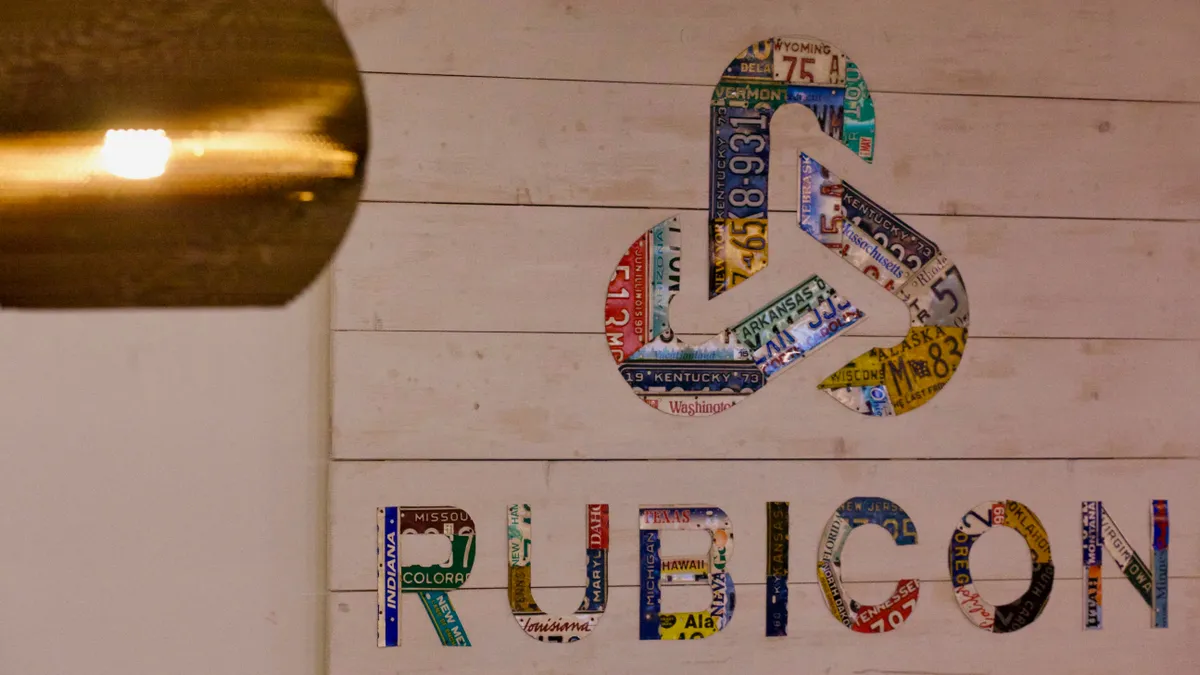Dive Brief:
- Rubicon Global is formally setting its sights on international business development with the promotion of Renaud de Viel Castel to senior vice president of global expansion, effective at the beginning of 2019.
- According to the company, de Viel Castel has been tasked with "forming international relationships with haulers and developing innovative partnerships with commercial and government customers across the globe." This will include pitching Rubicon's "zero-waste methodology," customer solution technology platforms and "smart city" technology suite.
- The Atlanta-based company has also renewed its affiliate level membership with the Council on Foreign Relations, where it will continue "contributing to the public debate on such issues as global waste diversion and other sustainability challenges in regions across the globe."
Dive Insight:
Before joining Rubicon in 2016, de Viel Castel worked at Veolia North America for more than seven years and did a stint at Transdev North America. He was Rubicon's vice president of operations prior to this promotion — according to a press release, he was introduced to the company by current board member and former Uber CTO, Oscar Salazar.
While Rubicon hasn't publicly pursued international business before, the company's funding geography holds true to its name. In 2017, French giant Suez led $50 million funding round in Rubicon — a deal which de Viel Castel is said to have been "instrumental" in negotiating — and last year, the New Zealand Super Fund invested $65 million.
The details of this new venture remain open-ended, with Rubicon technically amenable to working anywhere, but efforts are expected to focus on Europe and the Asia-Pacific region to start. The company foresees similar business to its primary U.S. work of facilitating services for clients. Selling its "smart cities" platform to local governments is also a priority.
Like many aspects of Rubicon's business, it remains unclear what type of revenue this is projected to generate or how it will fit into the broader portfolio. Based on three acquisitions of brokers last year, facilitating collection services via third-party service providers remains one of the company's key components. Rubicon is also continuing to sign new municipal customers for its "smart city" platform largely through a subscription model, according to recent documents from Spokane, Washington.
As for what Rubicon gains from the move in terms of branding, this news aligns cleanly with its grand ambition of "ending waste in all of its forms." No other waste and recycling companies are members of the Council on Foreign Relations — whatever value that may bring — and while multiple U.S. industry companies once had branches around the world, few players are currently looking to actively expand beyond North America. If Rubicon has the multi-decade longevity it aspires to, perhaps this could change.











